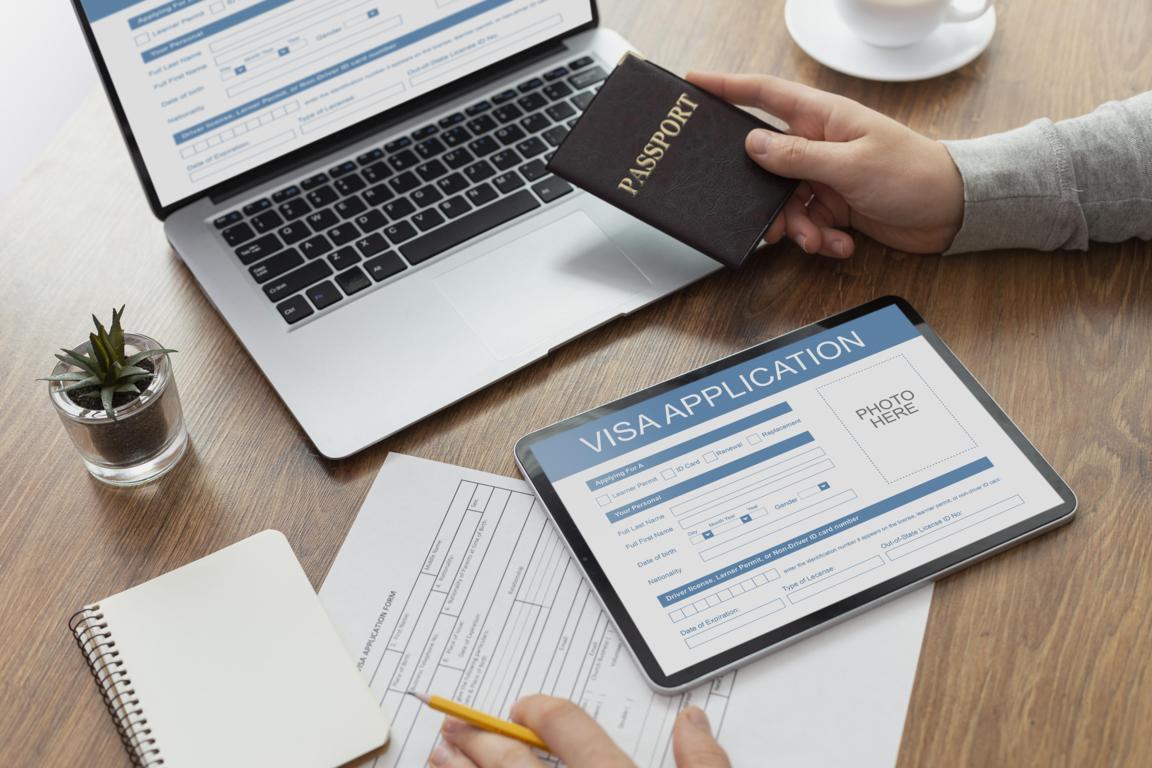On 22 July 2021, the Portuguese Council of Ministers approved a legal decree establishing a legal regime applicable to the authentication of documents and private acts through videoconferencing (“Decree”), published in the context of COVID-19, in order to overcome the difficulties caused by the restrictions imposed on face-to-face acts and the consequent demand for online services.
These acts require the physical presence of the intervening parties before the Portuguese competent authorities, notaries, consular agents, lawyers and solicitors and may now be carried out remotely, through videoconferencing, as from 15 November 2021.
This Decree implements an innovative service provision tool for citizens, companies and professionals in the Portuguese legal framework. This tool should have a considerable impact and complies with both the formalities legally required for the exercise of such acts and the necessary guarantees of security and authenticity.
The performance of authentication or certification of documents through videoconferencing includes several acts, such as the legal authentication of letters or signatures, authentication of powers of attorney and any other private documents such as public deeds of acquisition, use, housing, surface, loan, mortgage, donation, creation of horizontal property and division of a common asset, or a promissory agreement of purchase and sale, among others, without the need for the actual presence of the Portuguese competent authorities, notaries, lawyers or solicitors.
Under the terms of the Decree, the Portuguese competent authorities are excluded from carrying out the recognition of testaments or any related acts through videoconferencing, since they are only authorised to carry out the following by videoconference (i) acts related to properties, (ii) the process of legal separation or divorce by mutual consent and (iii) the accreditation of heirs, with or without records.
The above-mentioned acts may be performed through a new online platform that has been made available by the Portuguese Ministry of Justice which comprises two distinct reserved areas (one for individuals and one for professionals), allowing these entities to submit and access the necessary documents, sign such documents by means of qualified electronic signature, access the videoconference sessions and provide consent for audiovisual recording.
Users will access the reserved area through an authentication process using a personal identification document, chave móvel digital, or any other means issued and authorised by other Member States of the European Union which are recognised for such purpose, under the terms of the EU Regulation regarding electronic identification and trust services for electronic transactions in the internal market.
Lisbon, 28 January 2022
Autheurs: Rogério M. Fernandes Ferreira & Luís Almeida Brito, RFF Lawyers, Lisbon






